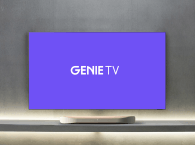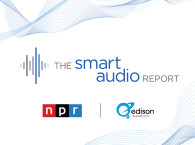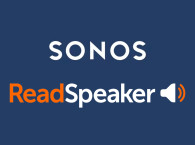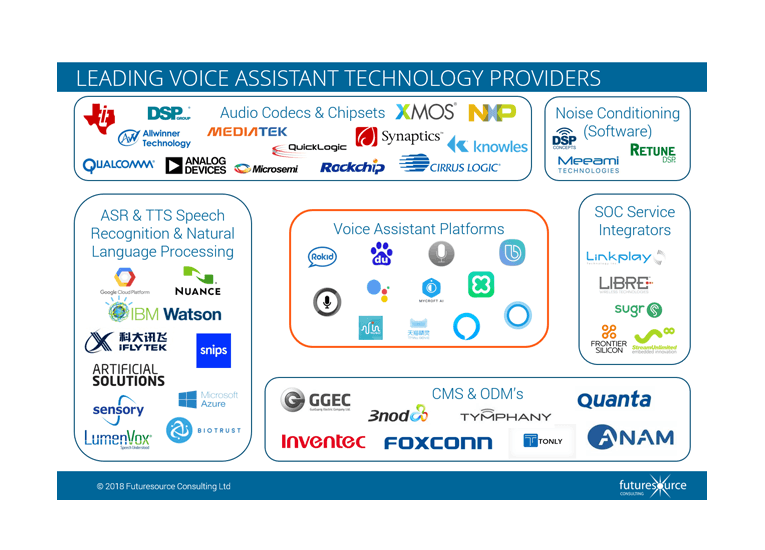
“Much activity has been occurring within the consumer space around voice assistants and smart homes and this is translating into greater interest in the B2B space,” comments Chris McIntyre-Brown, Associate Director at Futuresource Consulting. “End-users and service providers are asking OEMs if they can also take advantage of VA and voice control. Increased productivity and efficiency along with improved customer service are two of the primary drivers.”
The new report from Futuresource Consulting maps out the B2B applications and competitive landscape for voice control and voice assistant technologies. It is clear that the major brands reviewed in the report want to be part of the action as it is strategically important. Controlling the user interface will enable companies to deepen their relationship with users, offer personalized services and the ability to undertake deeper user analytics.
Amazon is leading the voice revolution in the consumer space and is continuing to build out its Alexa-for-Business suite of capabilities with new features, including smart scheduling integrating with Office 365, Exchange and G-Suite calendars. Amazon has also partnered with leading companies like Crestron, Polycom and Cisco for office control, automation and communication applications.
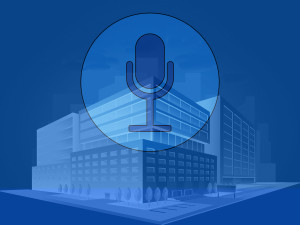 IBM, another pioneering company in the B2B space, announced earlier this year that its AI platform ‘Watson’ was being extended with a white label VA solution for third parties. It’s no surprise that there is lots of interest and excitement in the application of this technology. However, McIntyre-Brown implies that, “It will take time; most companies are in the evaluation phase of how best to implement voice and what level of capability and intelligence will be most suitable for their customers' use cases. In terms of adoption, B2B will lag behind consumer adoption, not least because of data privacy and security concerns. Voice is not quite there yet, but it is not far off, and the number of pilots and meaningful integrations and partnerships is increasing.”
IBM, another pioneering company in the B2B space, announced earlier this year that its AI platform ‘Watson’ was being extended with a white label VA solution for third parties. It’s no surprise that there is lots of interest and excitement in the application of this technology. However, McIntyre-Brown implies that, “It will take time; most companies are in the evaluation phase of how best to implement voice and what level of capability and intelligence will be most suitable for their customers' use cases. In terms of adoption, B2B will lag behind consumer adoption, not least because of data privacy and security concerns. Voice is not quite there yet, but it is not far off, and the number of pilots and meaningful integrations and partnerships is increasing.”According to Futuresource, corporate will be the lead off vertical for implementation of VA’s. This is where the firm sees the greatest benefit being offered in terms of improved productivity, time saving, automation and more obvious compelling hands-free use cases. However, the report highlights some interesting user case studies that are being implemented in other verticals such as healthcare, hospitality and education.
For more information on the 'Voice Assistants and the Potential Use in Business and Institutional Applications Report', visit https://www.futuresource-consulting.com/reports
www.futuresource-consulting.com


